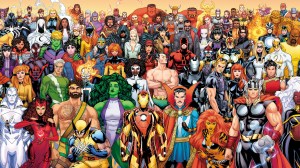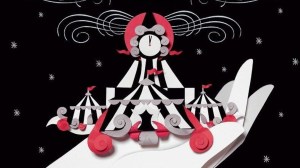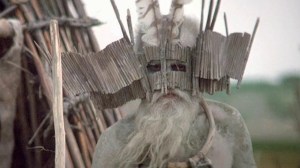When Attack on Titan was airing between 2013 and 2023, it held us all in the palm of its hand with its elusive mystery. Fans were desperate to know the secrets of the Titans, why humanity lived behind a wall, and justify why Eren did nothing wrong. Even though the series has wrapped up in a mostly satisfying way, I still dive back into the show to uncover more secrets and mysteries. It might not seem so, given the status of shows in the “Big Three” and the medium’s long history, but it is rare for an anime to have such a long-lasting impact, and Attack on Titan did it while taking massive risks that most other series wouldn’t dare to do.
Videos by ComicBook.com
The first few episodes set up Attack on Titan to be a fairly generic action series, as a young boy swore revenge on the monsters that killed his mother. But from Episode 5 after Eren was eaten, everything changed. It’s easy to take Attack on Titan‘s story for granted, but the series was incredibly brave in the narrative direction and the risks it took.
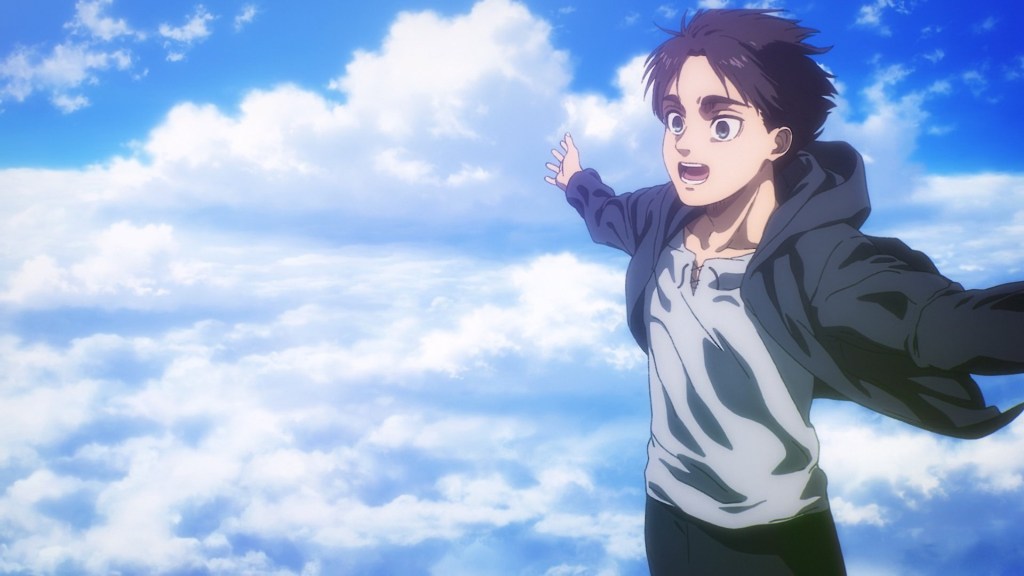
What Made Attack on Titan a “Brave” Anime?
If I were to show an anime newbie the first episode of Attack on Titan and then jump ahead to the final episode, they might ask if I showed them two different shows. Across its four seasons, Attack on Titan took some gigantic risks and went down unpredictable paths that audiences never could have imagined. All these diversions shifted the series away from what it was initially set up to be. When a story moves away from its original set-up, it runs the risk of alienating its audience, which is usually a death sentence for any show. But Attack on Titan did that again and again, and I think the series was stronger for it.
One of the biggest ways Attack on Titan risked alienating viewers was through its lack of clear-cut answers and beliefs. I remember seeing the moral divide within the fan base during the last season’s run, even as Eren progressed further towards being an all-out war criminal. The series still managed to make a large portion of fans support his decision. Unlike many other shows with obvious protagonists and antagonists, Attack on Titan never fed its viewers an answer to what’s right and wrong. It presented its characters as being equally flawed and allowed viewers to imprint their own personal experiences on them, causing a great divide among fans. I remember being on Armin’s side and opposing Eren, but I also understand why many fans supported his decisions.
Perhaps the biggest diversion occurred in Season 4, when the series moved away from Eren and went overseas to the Marleyans. When Season 4’s first episode debuted, I and many other fans thought we were watching the wrong show. It would have been incredibly easy to use the Marleyans as generic villains who wanted to trap and torture the Eldians on Paradis Island. But Attack on Titan never took the easy route. We met the Marleyan child soldiers, learned a lot more about the history of the world, and both sides’ morals were thrown into a state of ambiguity when we learned that both the Marleyans and Eldians had been brainwashed through years of propaganda into fighting each other.
But how did Attack on Titan take those risks and still find immense success? There are a lot of factors that go into it. Firstly, the plot twist in Episode 5, which leads into the mystery of Eren’s titan in Episode 6, was a satisfying twist that was completed early enough in the show to re-define its identity. From that point, we learned that literally anything could happen, and it gave the series more free rein to take the bold risks it does in later seasons. Additionally, Attack on Titan is an incredibly entertaining series with engaging and complex characters, a killer soundtrack, and great animation and action. Without those, the mystery and plot twists of the story would be meaningless.
[RELATED – Attack on Titan’s Most Tragic Death Isn’t Who You Think]
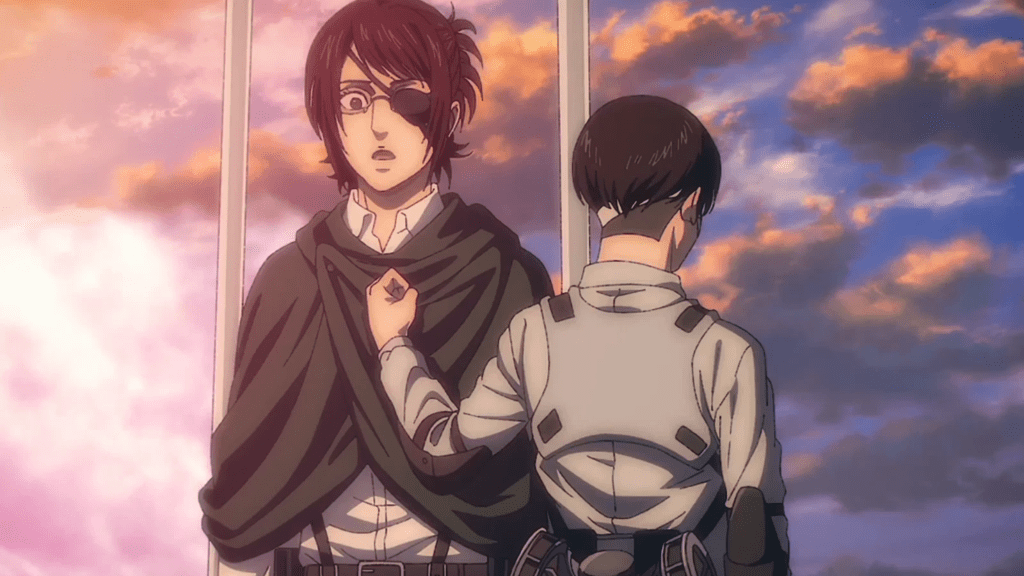
Attack on Titan Had The Entire Anime Community Talking
If, like me, you watched Attack on Titan weekly as it was airing, then you also lived through the Golden Age of anime water cooler talk. While Game of Thrones dominated the mainstream TV space in that regard, the anime community was obsessed with discussing fan theories and the latest episodes of Attack on Titan. I remember witnessing and joining in with many of the fiery debates online about the show’s countless unanswered questions, plot twists, and other theories about the lore and the world.
No character was safe, as fans of Sasha unfortunately learned (RIP, gone too soon). Each episode contained a major revelation and posed twice as many questions. There was so much to discuss and debate. There hasn’t been another anime with as heavy and intriguing a cultural impact as Attack on Titan since, although some, like Frieren: Beyond Journey’s End or Dandadan, come close for varying reasons. The series has paved the way for more anime and manga to take these bold risks, and I really hope that many more do in the future, not only because it would result in even more great anime but to reignite that passion within the fan base.



